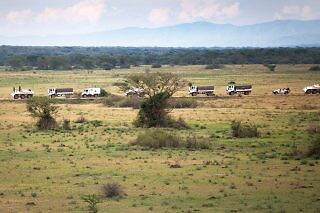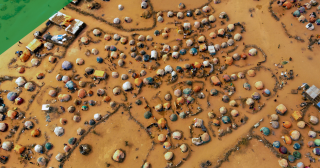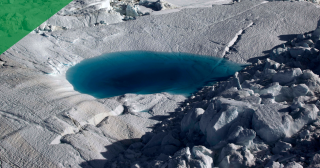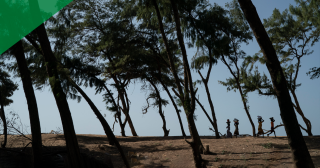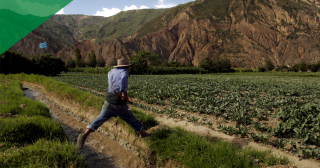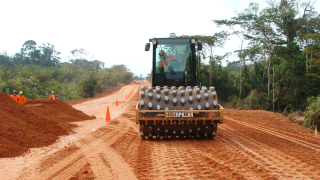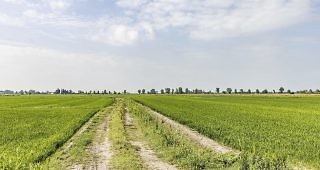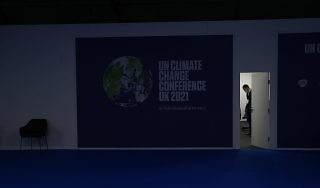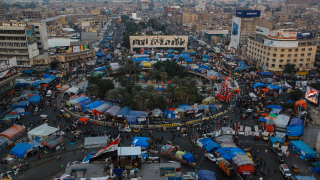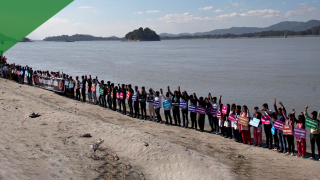The UN General Assembly’s COE Working Group has a fork-in-the-road opportunity to advance UN Peacekeeping’s environmental goals.
Tag: climate change
-
-
The agreement to establish a fund for loss and damage was a historic win for developing countries, but progress on mitigation stalled at COP27.
-
Far more ambitious action is required to keep the Paris Agreement alive and minimize the chances of triggering climate tipping points.
-
Actions to address the effects of climate challenges can contribute to sustaining peace, while peacebuilding initiatives can, at times, also strengthen the capacity of communities to adapt to climate change.
-
Intangible cultural heritage, much of which is threatened by the climate crisis, offers opportunities for learning from climate adaptation practices in the past and increasing resilience in the future.
-
Roads are the most damaging infrastructure in the Amazon rainforest. Research shows that Indigenous lands are crucial to safeguarding the forest ecosystems and immense carbon stores, acting as a buffer against road expansion, reducing both deforestation and fires.
-
Looking at green water, the rainwater available to plants, shows that freshwater’s ability to sustain a stable Earth system is even more threatened than first reported. Explicitly governing green water is necessary.
-
As the need for stronger commitments toward the goal of limiting warming to 1.5 degrees grows, the voices and interests of the most vulnerable people and countries are not being given precedence in global climate talks.
-
Threats against Iraqi activists, coupled with limited funds and capacity issues, are blocking efforts toward climate adaptation, climate mitigation, and connecting with international donors.
-
Disha Sarkar, a climate advocate and a YOUNGO youth delegate at the COP26 climate talks, discusses “ground level” advocacy and promoting the inclusion of youth in global decision-making.
